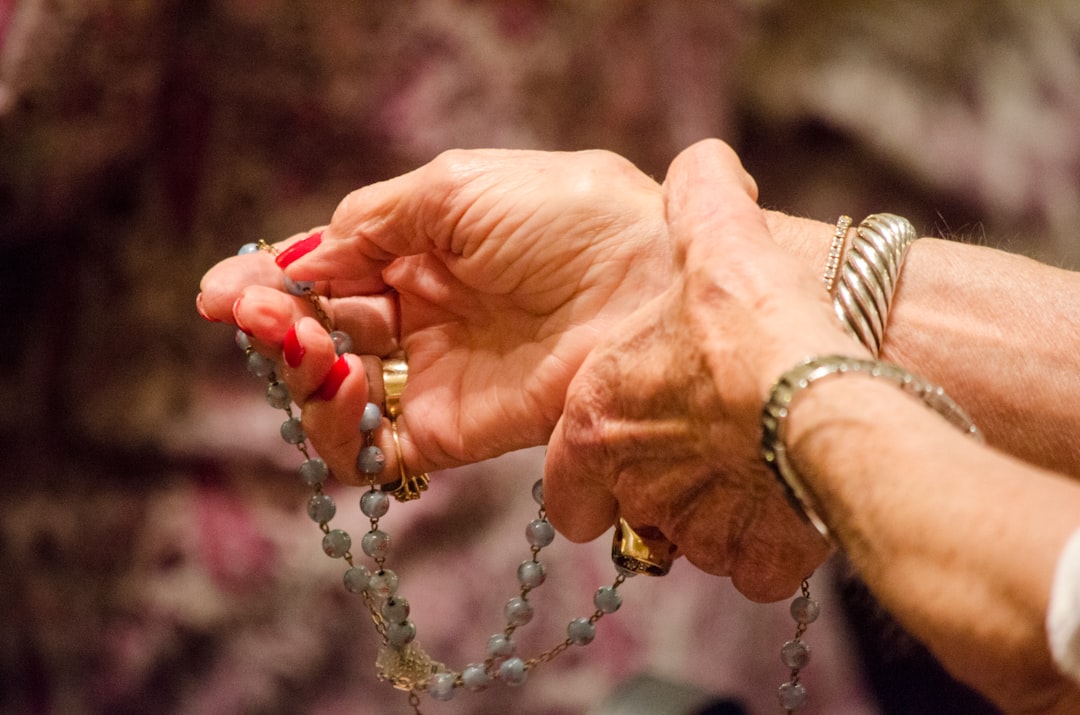Religion plays an integral role in the lives of billions of people around the world. It provides a sense of purpose, community, and guidance to individuals seeking spiritual fulfillment. Central to the practice of many religions are clergy members who serve as spiritual leaders and guides within their respective faith communities. These clergy members play a crucial role in shaping and maintaining the religious traditions, beliefs, and practices of their followers.
The term “clergy” refers to religious leaders who are ordained or designated to perform sacred rituals, offer spiritual guidance, and lead worship services within their religious traditions. The role of clergy varies widely across different religions, with each faith community having its own unique understanding of the responsibilities and duties of its religious leaders.
In Christianity, clergy members are known as priests, pastors, ministers, or bishops, depending on their specific role within the church hierarchy. They are ordained by church authorities to perform sacraments, such as baptisms, weddings, and funerals, and to provide pastoral care and spiritual counseling to their congregants. In addition to their religious duties, clergy members in Christianity often play a key role in community service and social justice advocacy, working to address issues of poverty, inequality, and injustice in their communities.
In Islam, clergy members are known as Imams, Sheikhs, or Muftis, and they serve as religious scholars and leaders within the Muslim community. Their primary role is to lead congregational prayers, deliver sermons, and provide religious education and guidance to their followers. In addition, clergy members in Islam often serve as mediators and arbitrators in resolving disputes within the community and upholding the principles of Islamic law.
In Judaism, clergy members are known as Rabbis, and they serve as spiritual leaders and teachers within the Jewish community. Rabbis are responsible for leading worship services, providing religious education, and offering pastoral care and counseling to their congregants. They also play a key role in upholding Jewish values and traditions, such as the observance of religious holidays and the study of Torah.
In Hinduism, clergy members are known as Pandits, Brahmins, or Swamis, and they serve as religious teachers and guides within the Hindu community. Their primary role is to perform religious rituals, lead worship services, and provide spiritual guidance and counseling to their followers. Hindu clergy members are also responsible for upholding and preserving the ancient scriptures and traditions of Hinduism, such as the Vedas and the Upanishads.
In Buddhism, clergy members are known as Monks, Nuns, or Lamas, and they serve as spiritual teachers and guides within the Buddhist community. Their primary role is to live a monastic life dedicated to meditation, mindfulness, and moral conduct, and to offer spiritual guidance and teachings to their followers. Buddhist clergy members also play a key role in performing rituals, such as chanting and meditation practices, and in upholding the principles of Buddhist ethics and philosophy.
While the specific duties and responsibilities of clergy members vary across different religions, there are some common themes that run through the roles of religious leaders in all faith traditions. One of the key functions of clergy members is to serve as intermediaries between their followers and the divine, helping to facilitate the spiritual connection and communication between individuals and their higher power.
Clergy members also serve as moral and ethical guides, upholding the values and principles of their respective religions and providing guidance on how to lead a life in accordance with those beliefs. They often offer pastoral care and counseling to individuals in times of crisis, providing emotional support and spiritual guidance to help them navigate difficult situations and find strength and resilience in their faith.
In addition to their spiritual and pastoral duties, clergy members also play a key role in building and maintaining religious communities, fostering a sense of belonging and unity among their followers. They lead worship services, religious ceremonies, and community events, providing opportunities for individuals to come together in celebration, prayer, and fellowship.
Clergy members also serve as educators, sharing the teachings, traditions, and wisdom of their faith with their followers and helping to ensure that the religious knowledge and practices are passed down from generation to generation. They provide religious instruction, lead study groups, and offer opportunities for theological reflection and dialogue, allowing individuals to deepen their understanding of their faith and cultivate a deeper connection with their spiritual beliefs.
In many religions, clergy members also play a key role in social justice advocacy and community service, working to address issues of poverty, inequality, and injustice in their communities. They advocate for the marginalized and oppressed, speak out against social injustices, and mobilize their followers to take action and make a positive impact in the world.
Overall, the role of clergy in different religions is multifaceted and complex, encompassing spiritual, pastoral, educational, and community-building responsibilities. They serve as the spiritual leaders and guides within their faith communities, providing support, guidance, and inspiration to individuals seeking meaning, purpose, and connection in their lives.
As we seek to better understand and appreciate the role of clergy in different religions, we can gain a deeper appreciation for the diverse ways in which religious leaders contribute to the spiritual, moral, and social well-being of their followers. By recognizing and celebrating the contributions of clergy members across various faith traditions, we can foster greater unity, understanding, and cooperation among individuals of different beliefs and backgrounds, and work together to create a more just, compassionate, and peaceful world.














